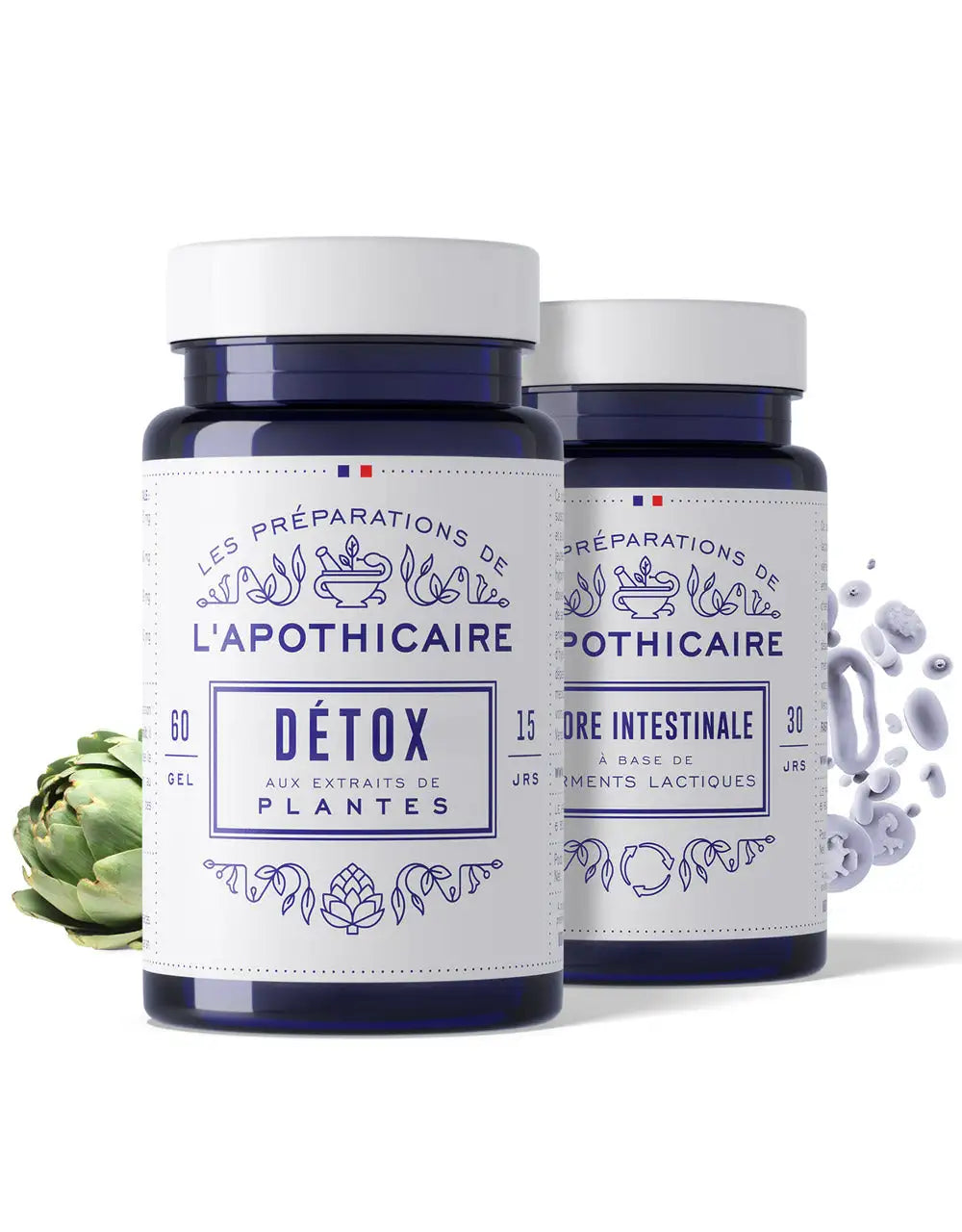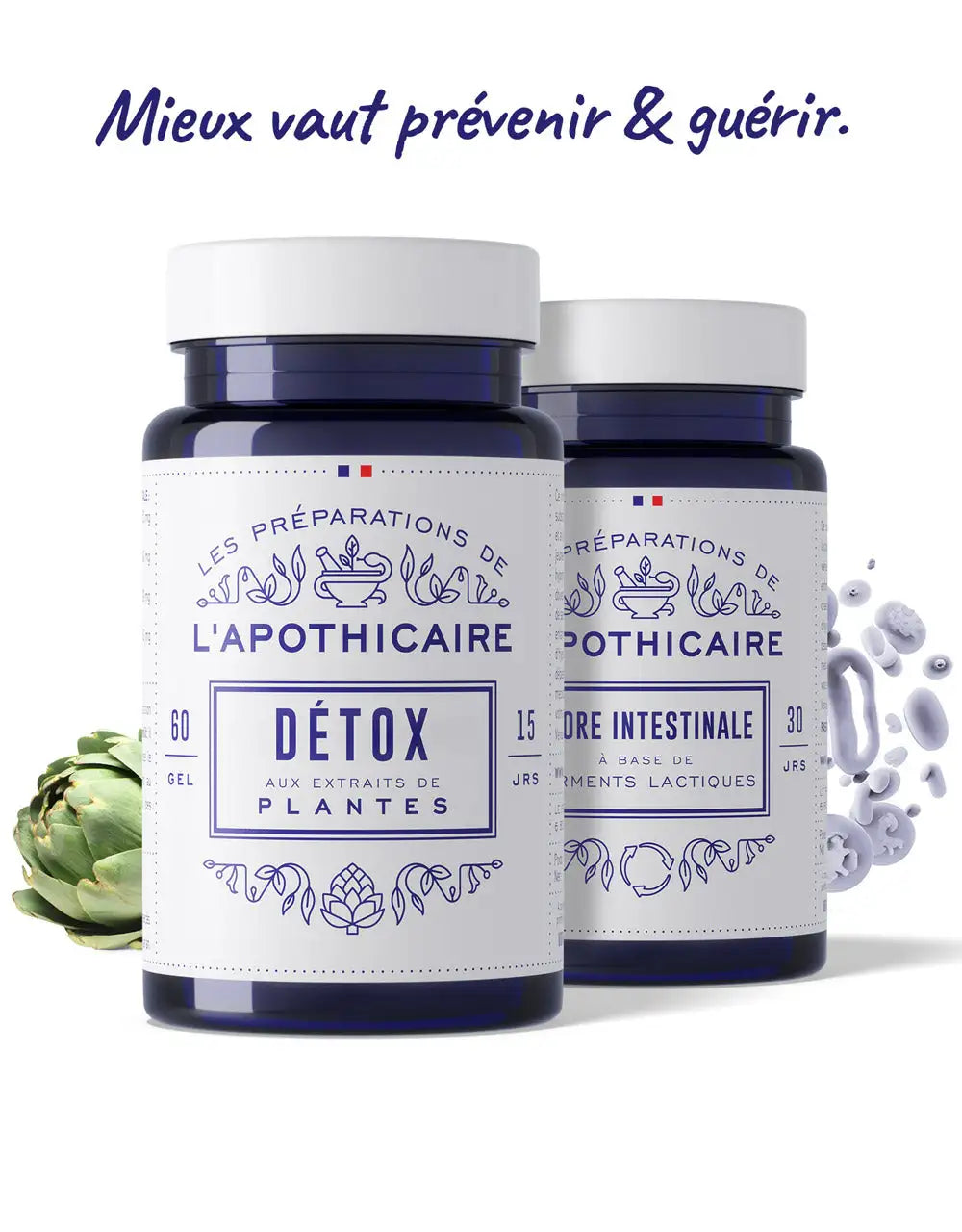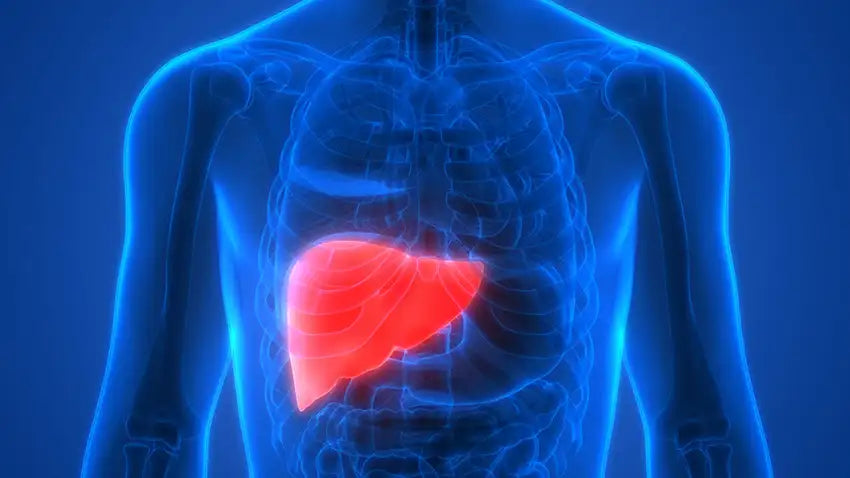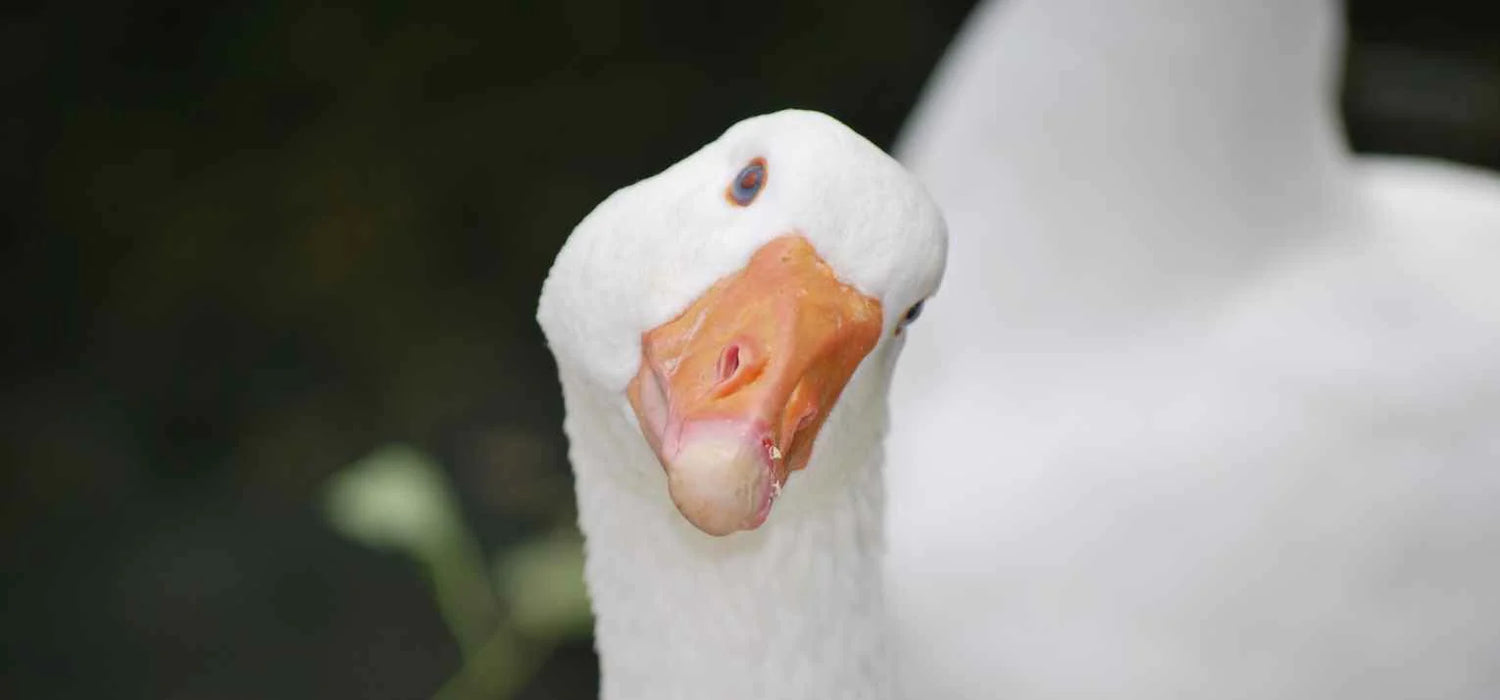The liver is a major organ of digestion, but not only that. It also manages the metabolism of nutrients, the storage of certain vitamins and the treatment of toxic waste accumulated in our bodies. It is important to pamper it to avoid liver problems, often silent but pernicious.
Part 1: Liver reminders
1.1 | Anatomy
The liver is the largest and most vascularized visceral organ. It concentrates 10% of our blood which it will filter and purify but we will talk about it later when we talk about its functions. It is located under our diaphragm, on the right and partly covers our stomach. Divided into lobes, it is supplied by the hepatic artery which brings from the heart the blood to be treated and by the portal vein the blood loaded with nutrients from the esophagus and the stomach. The gallbladder is attached to it and will help it process fats by injecting bile salts which will “emulsify” the fats to better eliminate them.
Liver tissue is made up of cells called hepatocytes.
The liver is said to be able to regenerate itself and it can function if any part is damaged.
You still need to take great care of it to avoid liver problems.
1.2 | Liver functions
The liver is an essential organ in digestion but also in the regulation of blood sugar , in the metabolism of fats, proteins and toxic waste . It has an endocrine function, that is to say, internal to the organ before being transferred into the blood circulation and exocrine, directed towards other organs via excretory channels.
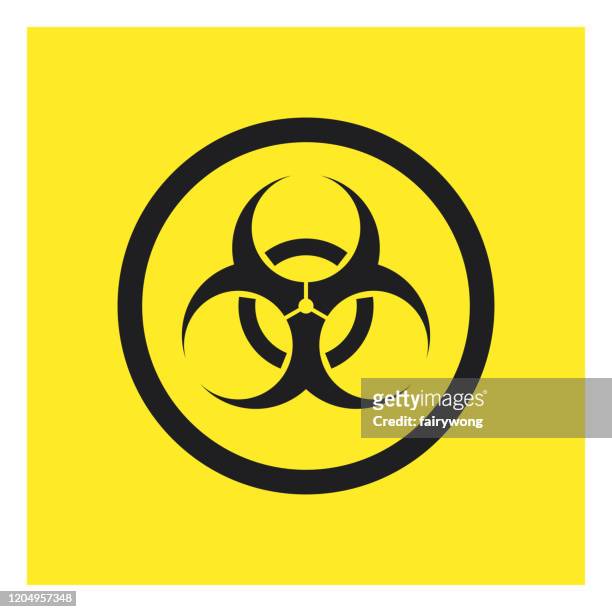
EXOCRINE FUNCTION OF THE LIVER
The liver also participates in the treatment of blood waste , including toxic substances: medicines, pesticides, drugs, alcohol, tobacco, etc. It is generally the body's purification station.
It also participates in the elimination of fats with the help of the gallbladder which secretes salts which will “emulsify” the fats to make them more soluble and better eliminate them.
The liver is therefore an essential organ with many functions. It will be remembered that it plays a crucial role in the treatment of fats and the elimination of toxic waste. To avoid liver problems, here are all our tips:
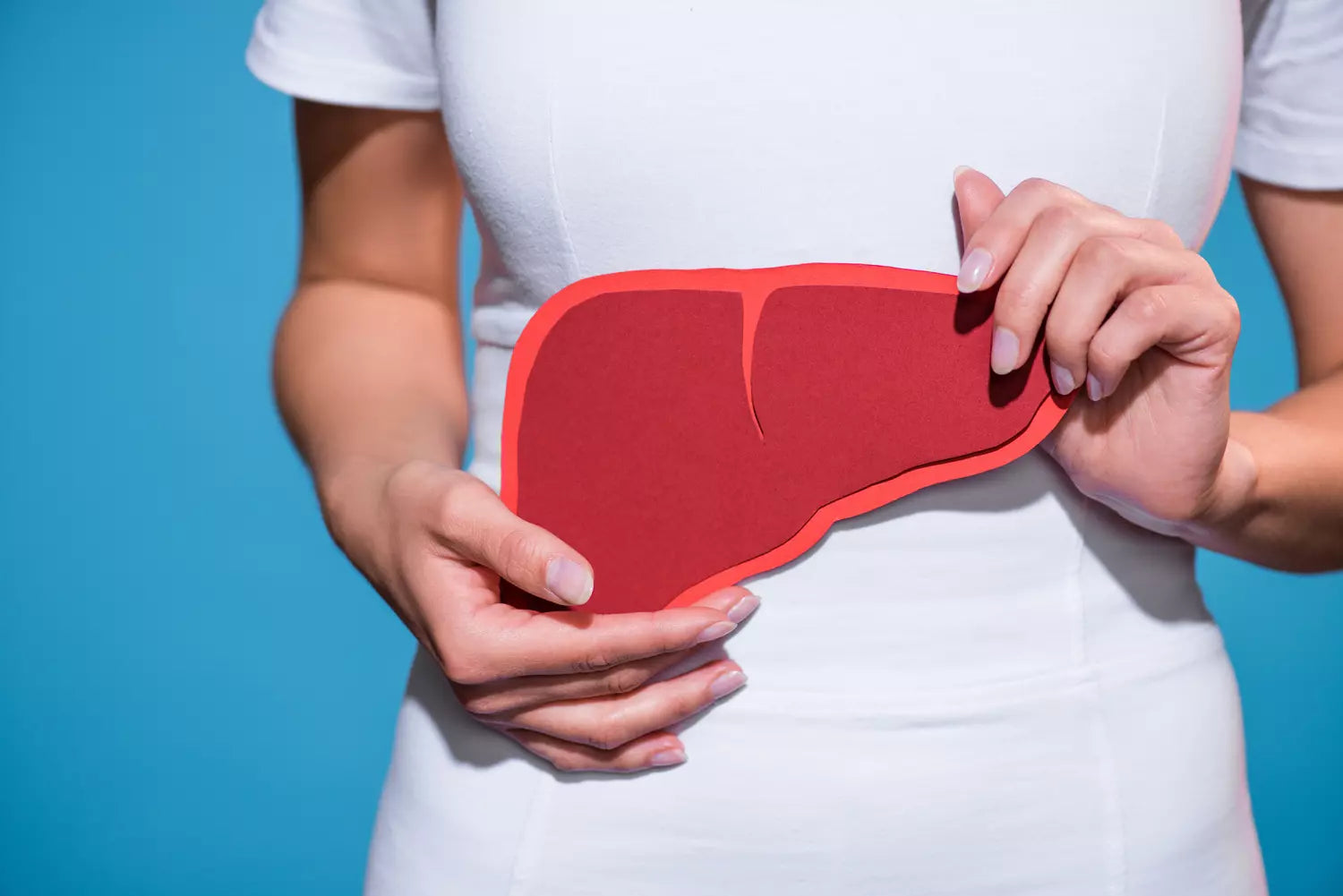
ENDOCRINE FUNCTION OF THE LIVER
The liver is the first processing organ encountered by nutrients. This is able to store, transform and regulate the contents of sugars, proteins and lipids.
It is even capable of creating sugar molecules (glycogen) from proteins and fats: this is the phenomenon of neoglycogenolysis.
It is the place where cholesterol is manufactured, where fat-soluble vitamins A, D, E and K are stored, and where certain coagulation proteins are synthesized.
1.3 | Liver problems: what are the symptoms?
The liver is a relatively silent organ and not very symptomatic in the event of problems; However, certain signs can alert you to poor liver function:
• Repeated migraines
• Charged breath
• Sallow complexion
• Itching
• Dark urine and/or pale stools
• Chronic fatigue…
When in doubt, the main thing is to pay attention and talk to a healthcare professional if it worries you.
1.4 | Nash syndrome: a worrying liver problem
This syndrome, also called soda disease or fatty liver disease, is constantly evolving with poor eating habits and a sedentary lifestyle. This has become a point of public health concern.
Remember, the liver manages the breakdown of fats and the storage of carbohydrates. If the diet is too loaded with lipids and free sugars, the liver will be ultra-
stressed and this will require a lot of energy, which will tire the liver in the long run.
It is therefore a public health issue to prevent it because it is becoming the first chronic liver disease. Evolving silently, the diagnosis is often late, unfortunately at the stage of liver cirrhosis.
A diet too rich in free sugars (fructose in sodas in particular) and processed fats , associated with too much sedentary lifestyle , will tire the liver, overwhelmed by the accumulation of waste to process.
This disease begins to be observed in people who do not appear overweight but who have an unbalanced intake of lipids and carbohydrates, with a distribution of fat particularly in the abdominal area (the famous “love handles”).
As you will have understood, our eating habits and lifestyle will have a huge impact on the health of our liver. So how to take care of it to avoid problems?
Part 2: How to take care of your liver
The “friends” of the liver
The liver, like many of our organs, likes simple things and regularity: a good supply of oxygen, movement, good nutrients and rest.

TO MOVE
A sedentary lifestyle is public enemy number 1 in health along with junk food. Moving and practicing regular physical activity activates our metabolism and helps our liver.
Practicing a sport two or three hours a week, walking and not remaining static will stimulate our digestion and our liver metabolism.

BREATHE
We live in apnea and oxygen is vital to energize our bodies. Practicing deep breathing outdoors, meditating, doing sophrology or cardiac coherence allows us to oxygenate our bodies and minds.

SLEEP
Good sleep will help our liver, which works tirelessly day and night but needs moderate activity at night to rest. Dinner at least two
hours before bed to facilitate digestion and avoiding foods that are too fatty and too sweet in the evening will help your liver.

HYDRATE WELL
• to hydrate well with sufficient water intake (1 and a half liters/day)
• ban fruit juices and sodas too loaded with fructose
• avoid excess alcohol which is broken down by the liver
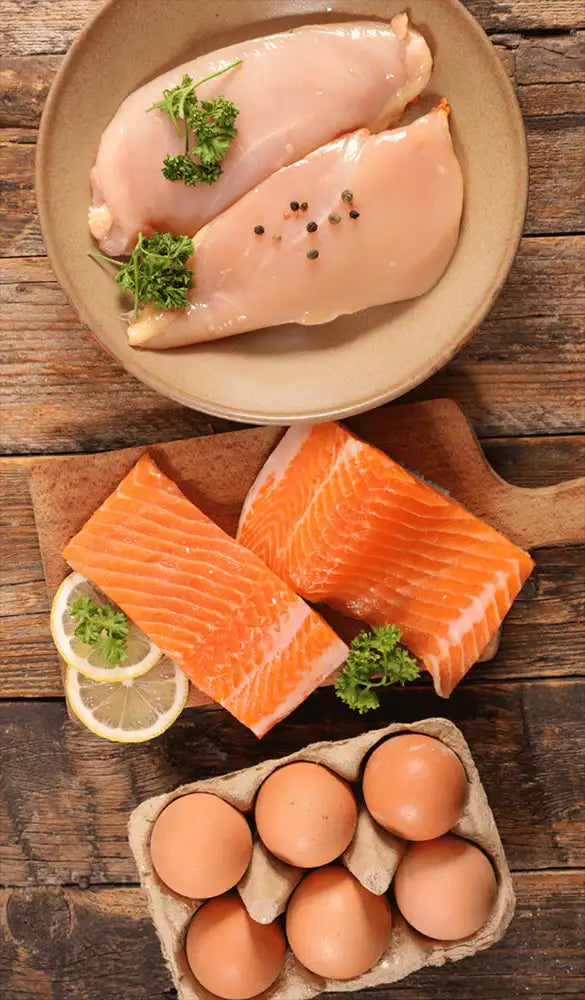
EAT WELL
Obviously, the quality of fuel that we provide to our liver through food and drinks will influence liver activity and prevent liver problems.
To help our liver, it is appropriate:
• avoid ultra-processed foods as much as possible
• to cook raw foods
• to have a sufficient amount of fruits and vegetables EVERY DAY AND AT LEAST TWICE/DAY
• to have a good intake of quality proteins: fish, eggs, lean meat, oilseeds (walnuts, hazelnuts, almonds, etc.) and legumes (lentils, chickpeas, red beans, etc.)
• eat less sugar : be careful of too much refined white flour: white bread, industrial cakes, pastries, etc.
• not to neglect the intake of good fats rich in omega 3 : small fatty fish (herring, mackerel, sardines, anchovies), oilseeds, seeds (flax, chia, hemp, etc.) and good first cold pressed oils (rapeseed). , nut,…)
A good, fresh, seasonal diet, varied and balanced in nutrients is the guarantee of a happy liver!
Part 3: Liver detox
We can occasionally help our liver to work better, with these liver detox tips:
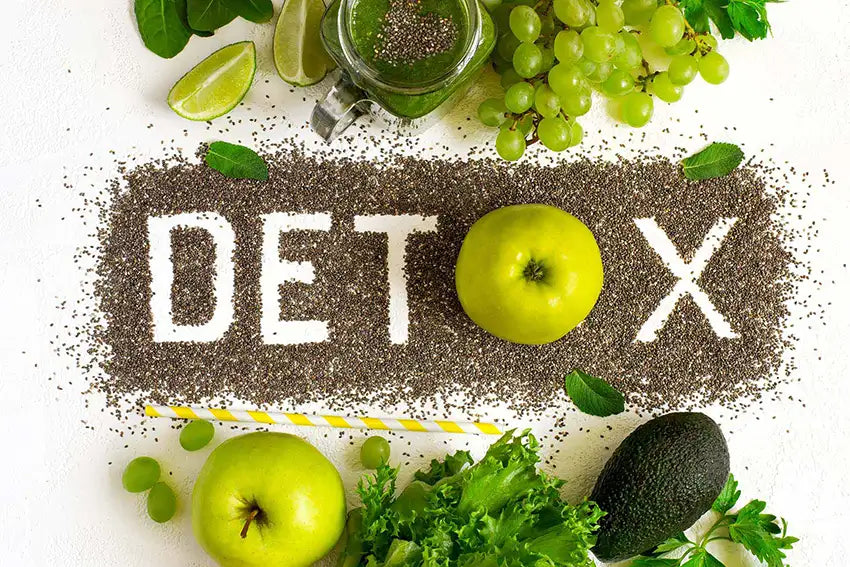
3.1 | When ?
• When we suspect hepatic overload: after excess food or alcohol , after excessive exposure to toxic substances (post-operative, post-chemotherapy, post-antibiotic therapy, etc.), in the event of long-term drug treatment, etc.
• During periods of seasonal changes , particularly in fall and spring when metabolisms change.
• We should avoid doing a detox treatment if we are tired, because detox costs energy and risks making us even more tired.

3.2 | How ?
To help our liver, we can pay special attention for two weeks and follow these tips:
• Eat well by cooking raw foods
• Avoid excess sugars, dairy products and meats for at least the first 5 days
• Stay well hydrated by drinking more lemon water regularly between meals
• Do not drink alcohol
• Move to circulate fluids
• Breathe well by practicing cardiac coherence two or three times a day
• Go to bed earlier and respect your sleep times.
• Allow yourself some time with sessions in a spa for example.
• Take hepato-protective or draining plants such as milk thistle, dandelion, black radish or artichoke, on the advice of your favorite pharmacist!
As you will have understood, the liver is an essential organ which does not make noise when it has problems. However, its role as filter and management of our waste makes it essential to good health. A word to the wise, see you next time!
Discover our anti-stress supplements
Digestion Cure
- Regular price
-
€32,80 - Regular price
-
€32,80 - Sale price
-
€32,80
Tax included.
Shipping calculated at checkout.
